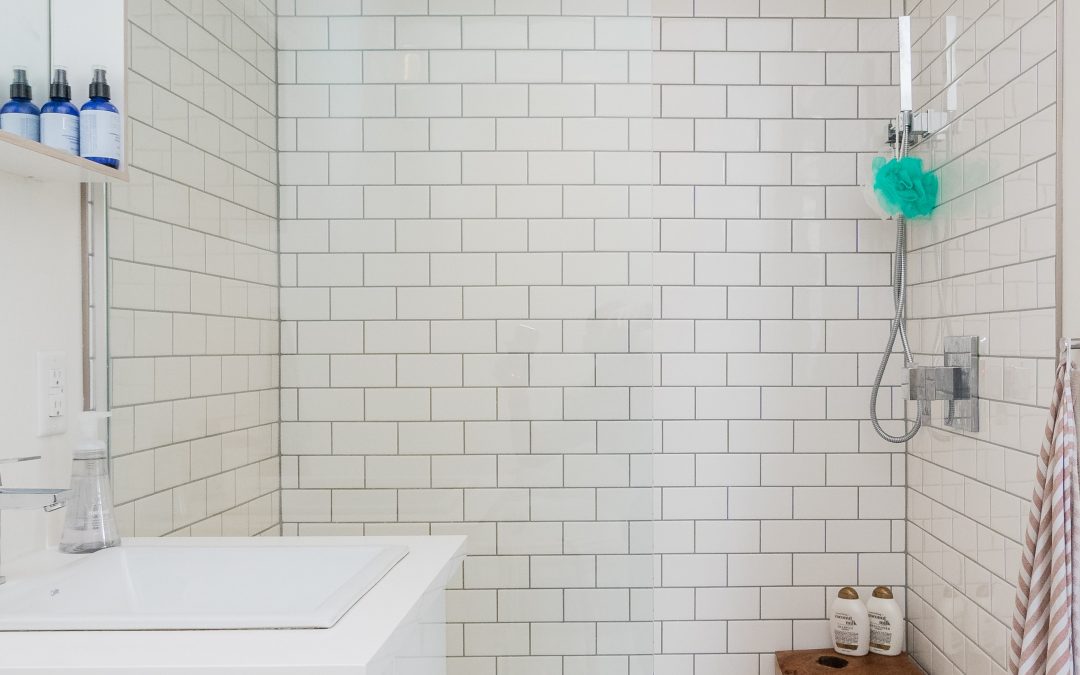There are two things you want to be certain of when tiling your shower. The first requirement is that your shower is waterproof. The second reason is that you want to ensure that your shower tiles are properly and professionally installed.
Because of these reasons, there are so many people who want to know what the best shower tile adhesive is right now. Let’s have a closer look at this topic.
What Are the Best Adhesives for Shower Tiles?
Whether it is a wall or floor tile, it must adhere completely to its base surface. The demand for tile adhesive is both extensive and steep. The tile adhesive is expected to keep the tile in place not just for years, but for decades. It must be easy to work with and fill in gaps between the tile and the substrate adequately. It cannot cure too quickly; otherwise, you will not have enough working time. However, if it cures too slowly, it takes an eternity to reach the grouting stage.
Fortunately, tile adhesives have progressed to the point in which all of these requirements can be met successfully. Only two adhesive materials are suitable for the wet environment of the shower: thin-set mortar and epoxy mortar. These materials are applied in a single layer over the substrate before installing tile on shower walls. On the floor of a shower, they can be used as a single layer or in a multilayer “mortar bed.”
Thinset Tile Mortar
One of the best adhesives for shower tile is the thin-set mortar with a latex additive. If you have small shower tiles, pre-mixed mastic is an excellent adhesive to use. This set is the best option due to its moisture resistance, quick dry time, and stiffness.
Thinset mortar is the most commonly used tile mortar for both indoor and outdoor applications. Thinset is a mortar composed of Portland cement, silica sand, and moisture-retentive agents. This mortar has a mud-like smooth, slippery consistency. A notched trowel is used to apply it to the substrate.
Strengths
- Strong Bonds. A good thin-set will bond with almost any type of tiling you can think of. It can be combined with ceramic, glass, and almost any other type of tiling.
- Quick Drying. Because you won’t be stepping on the shower walls, you can usually get away with using mastic. However, you may have trouble with flooring because it can take days to cure. Thinset mortar is quick-drying, which makes it easier to work with on all surfaces.
- Moisture-Proof. Here’s the big selling point for this set that everyone recognizes. It’s moisture-resistant, so you won’t have to worry about mold growing on your walls after the tile is installed.
- Wide Variety of Materials. Using a mortar, you can attach almost any material, including glass, to a wall.
Weaknesses
- Thinset mortar has a relatively long curing time, so tiles applied to a wall are more likely to sag (sliding downward in the wet mortar). This problem can be avoided by using tile spacers.
- Thinset has a tendency to crack; using “modified” thin-set mortar with special acrylic or other polymer additives solves this problem.
- Because of the thinness of the mortar, it is not recommended for use with large, heavy tiles or tiles with uneven back surfaces.
- Increase Project Cost. Thinset mortar should be applied to cement backer board rather than wood or drywall substrate; adding cement board to an existing substrate increases project costs.
Epoxy Tile Mortar
Epoxy tile mortar is sold in two or three separate components that must be mixed by the user before use. In comparison to thin-set, epoxy mortar sets quickly, allowing you to begin grouting the tile within a couple of hours. Because it is watertight, it does not require any special latex additives, as some thin-set does.
Porcelain and ceramic, as well as glass, stone, metal, mosaic, and pebbles, respond well to epoxy mortars. Epoxy mortars can also be used to install rubber or woodblock flooring.
Strengths
- Because the epoxy mortar is completely waterproof, it does not require any additives to keep it from cracking.
- It has a strong bond with a variety of substrates and tiles.
- Most types of chemicals will not discolor or damage epoxy mortar.
- It is mildew-proof due to its non-organic ingredients.
- Because it cures so quickly, the entire job is completed in less time.
Weaknesses
- Tile must be placed quickly and accurately due to the quick (45-minute) curing time of epoxy mortar.
- It should be used when the temperature outside is between 60 and 90 degrees Fahrenheit.
- During installation and curing, epoxy mortar emits a strong odor.
- It costs more than thin-set mortar.
Professional Help
If you are unsure about the type of adhesive to use for a specific type of shower tiling installation, seek professional help from our team. iTileNT’s team is a reputable contractor for commendable shower waterproofing projects.
We are more than just tilers and property renovators. Our team has received extensive training to complete any waterproofing projects correctly. Contact us right away to discuss how we can assist you. Because choosing the right tile adhesive is so important, getting a second opinion from our team is the best way to ensure that your tiling work lasts for years.

